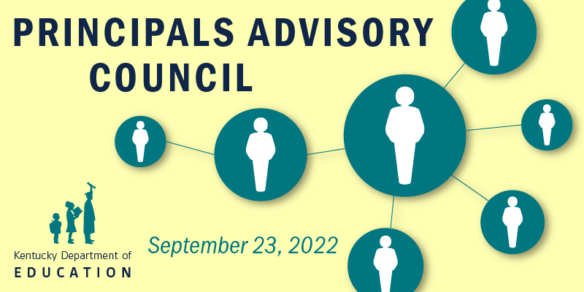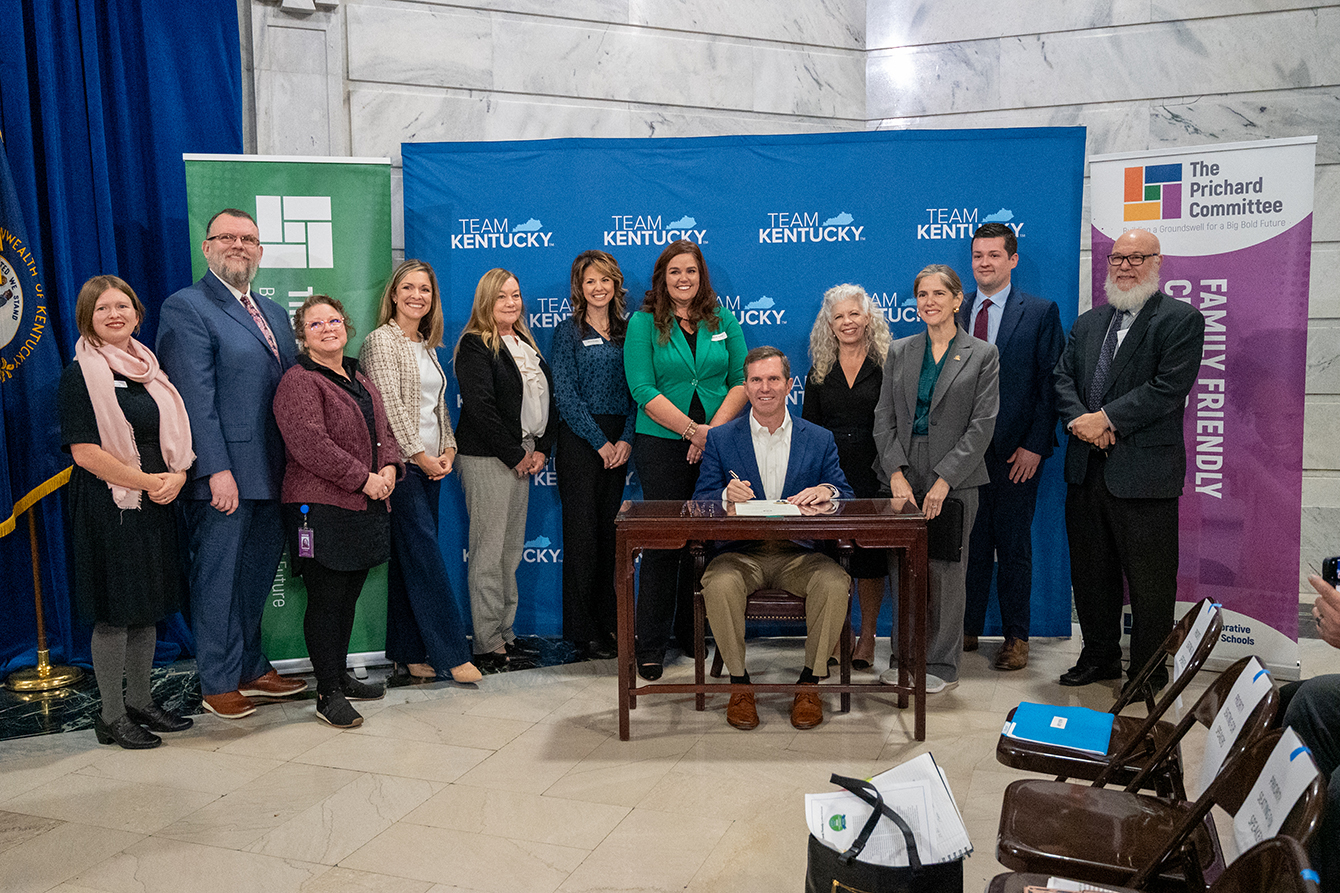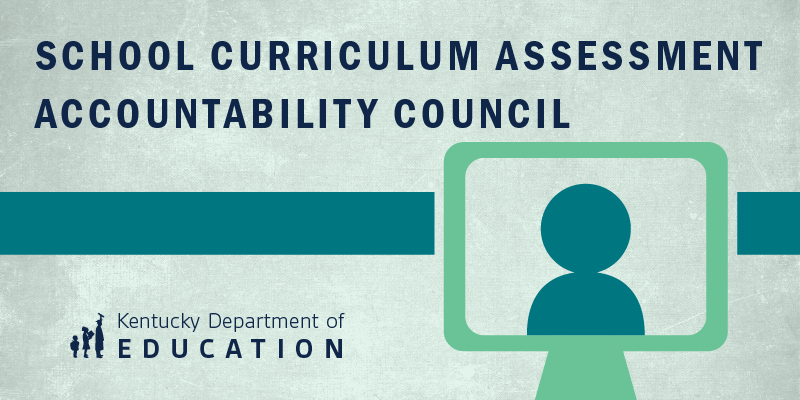
Members of the Kentucky Department of Education’s (KDE’s) Principal Advisory Council heard about strategies to help accelerate student learning during its Sept. 23 regular meeting.
Misty Higgins and Fox DeMoisey, professional learning coordinators in KDE’s Office of Teaching and Learning (OTL), and Jan Sellers, Kentucky Multi-Tiered System of Supports coordinator in OTL, gave an overview of KDE’s guidance on accelerating student learning as a response to unfinished learning experienced during the COVID-19 pandemic.
Higgins said the first step is for schools to create an intentional action plan that is based on an analysis of local data and is aligned to the Comprehensive School Improvement Plan’s goals.
“When creating that local plan, it is important to ensure that the focus is on providing students the ‘just-in-time’ support around the building blocks that are necessary for them to successfully engage with the grade-level standards,” she said.
Higgins also said the plan should not be based in remediation because research she viewed shows that remediation does not accelerate student learning and actually has a negative impact. She said the plan should support students’ social and emotional needs as well.
Higgins said it is likely that a school’s accelerated learning plan will include multiple parts in order to reach the “whole child” and will likely span across a few years.
KDE’s guidance for accelerated learning is based on research from the Anneberg Institute at Brown University (2021) and McKinsey and Company (2020). The research points to three crucial supports for accelerating learning:
- Providing all students with access to quality standards-aligned Tier 1 instruction;
- Providing high-intensity tutoring where needed. This includes individualized tutoring sessions three or more times per week that address content and meet students where they are, but also link back to what is being taught in the classroom; and
- Offering vacation academies, which provide students with 25 hours of targeted instruction in a single subject during a week-long vacation break.
Demoisey said there are several actions educators can take to strengthen Tier 1 instruction, including adjusting curriculum to align with the Kentucky Academic Standards, using the formative assessment process and use evidence-based instructional practices.
Assessment and Accountability Update
Jennifer Larkins, education administration program consultant in KDE’s Office of Assessment and Accountability (OAA), and Helen Jones, education administration program manager in OAA, joined the council meeting to provide an update on accountability reporting for this fall. In October, Kentucky will have formal school accountability reporting for the first time in two years.
Over the summer, after the first year of a fully operational assessment administration since the COVID-19 pandemic, two standard-setting committees met to provide student performance cut score recommendations for the Kentucky Summative Assessments (KSA) and the Alternate Kentucky Summative Assessments (AKSA) for mathematics, reading, social studies, editing and mechanics, and on-demand writing. The performance level cut scores for the KSA science assessments were reviewed through a validation process, since they were recently established in 2018 and 2019. Performance level cut scores for the AKSA science assessments have not changed.
On Sept. 13-14, an accountability standard-setting panel met to develop cut scores for Kentucky’s new accountability system. The standard-setting panel recommended cut scores that define performance expectations for each indicator and the overall school rating. The cut scores determine how schools are reported in the online colored dashboard required by state law.
Using data from the 2021-2022 school year, Kentucky’s accountability system will provide an overall color-coded rating for each school, district and the state ranging from red (lowest) to blue (highest). The color-coded rating, along with other important education data, will be publicly released on the Kentucky School Report Card on Oct. 18.
The panel was made up of 26 members, including teachers, principals, superintendents, parents, students, state board members and other education stakeholders. Panelists completed a written evaluation following the standard-setting process. More than 90% of respondents indicated their agreement or strong agreement that the indicator and overall cut score recommendations are appropriate and reasonable.
The cut scores recommended by the committee were approved by both the Local Superintendents Advisory Council and Education Commissioner Jason E. Glass.
In other business, the council:
- Heard an update from Glass on deeper learning opportunities for students and this week’s Teacher of the Year ceremony;
- Heard a review from Deborah Sauber, branch manager in the Office of Continuous Improvement and Support, about the requirements of the School Safety and Resiliency Act;
- Heard an update on the Kentucky Academic Standards for Science revision process from Thomas Clouse, program manager in OTL, and Chrystal Rowland, division director in OTL;
- Heard about ways to support new teachers from Alison Gregory, leadership development specialist in KDE’s Office of Educator Licensure and Effectiveness; and
- Heard an update from Associate Commissioner Karen Dodd on the United We Learn efforts.



Leave A Comment